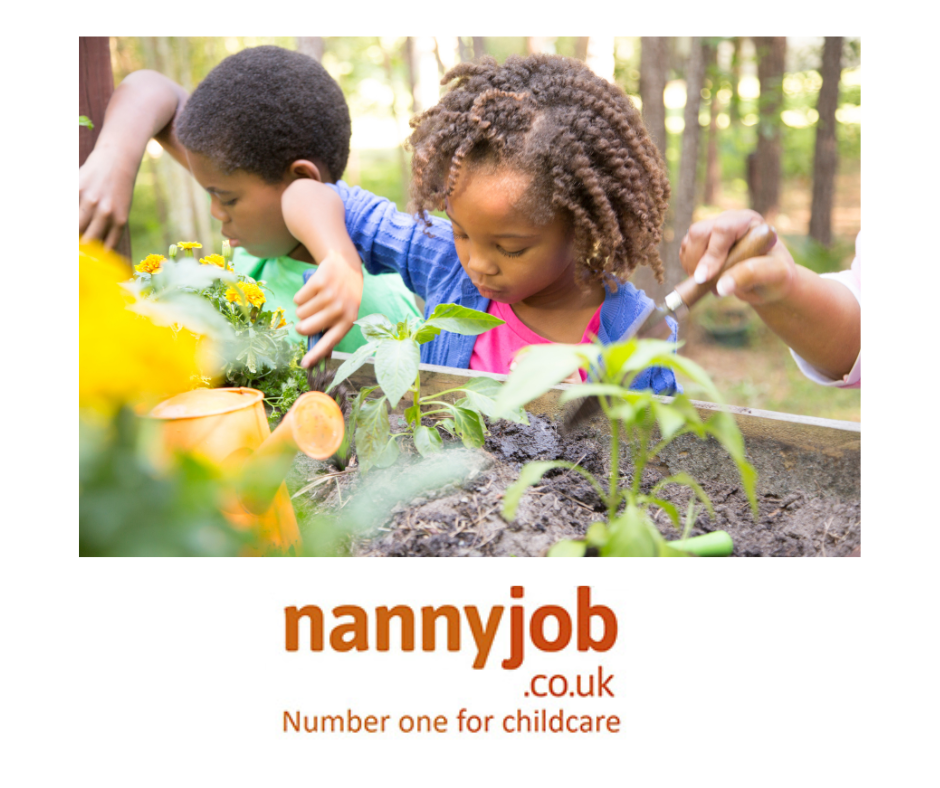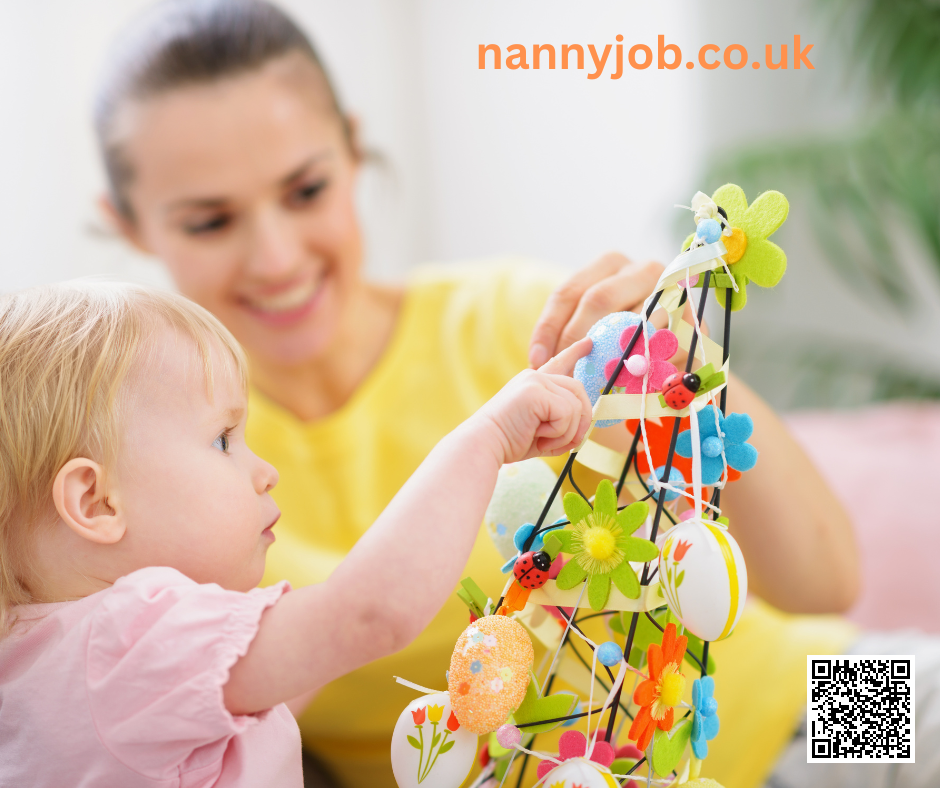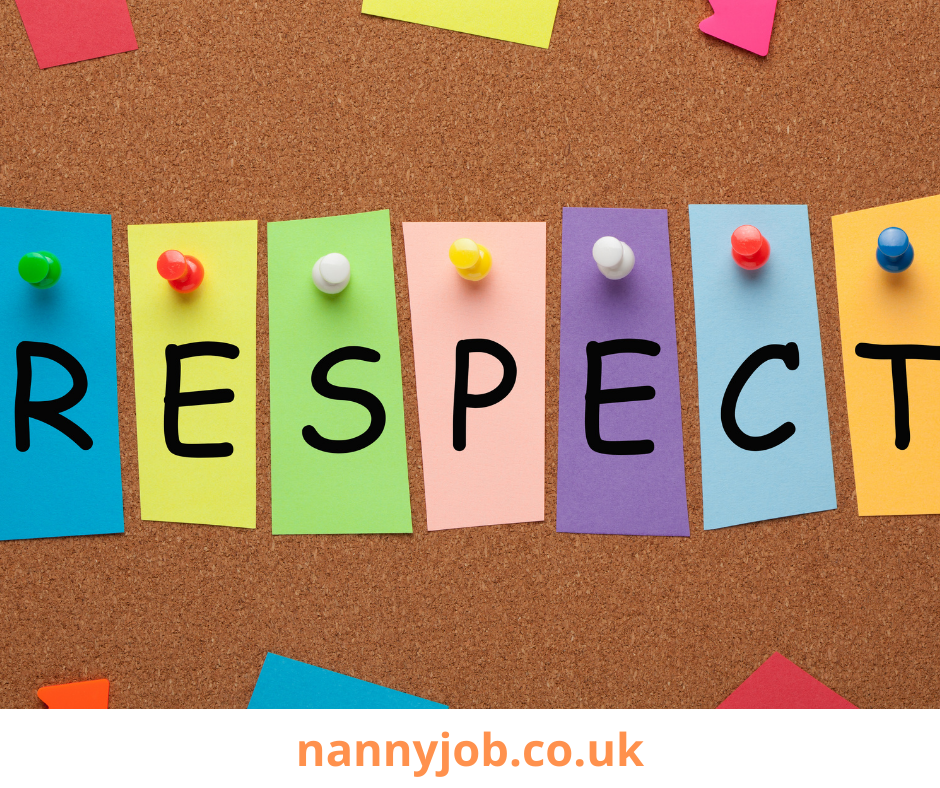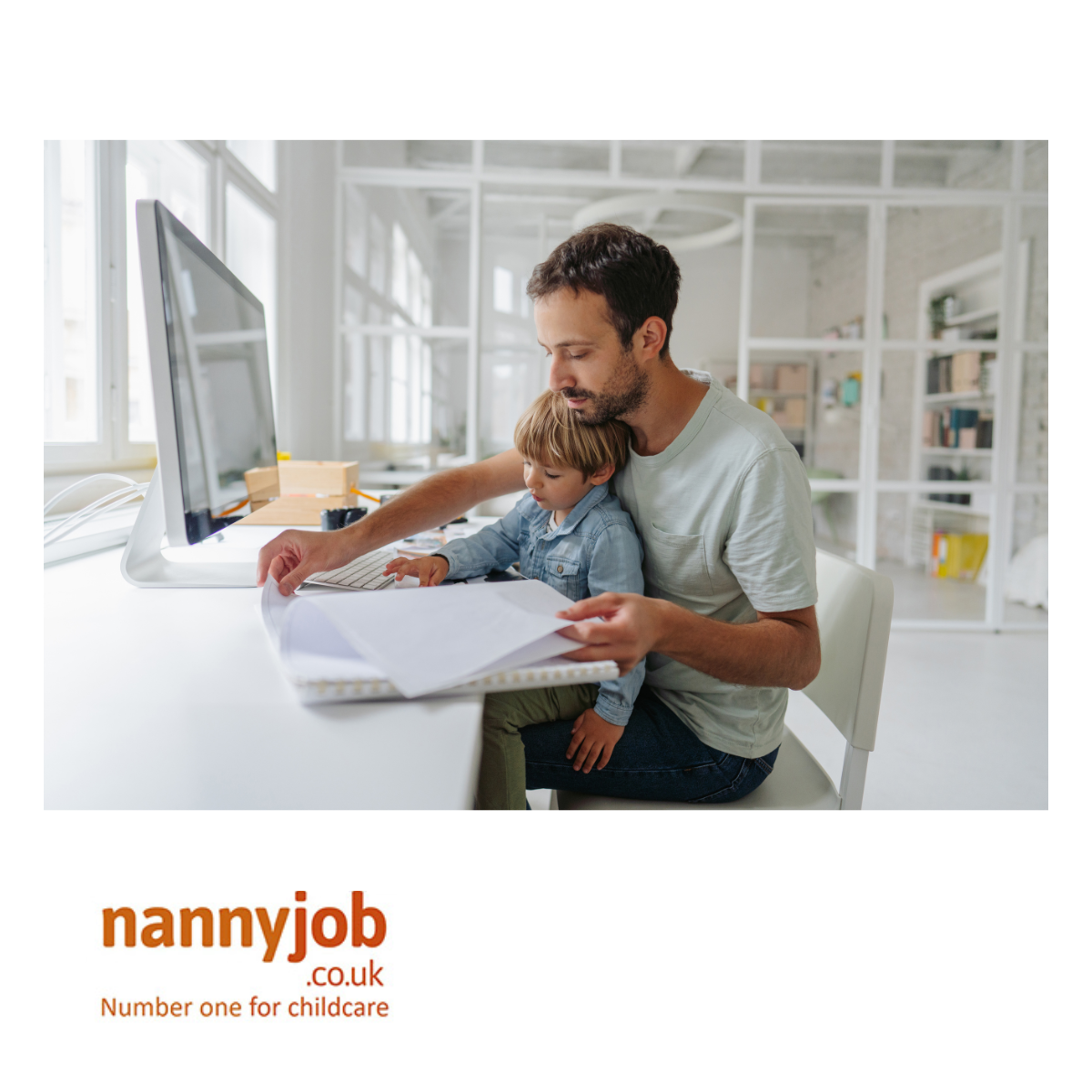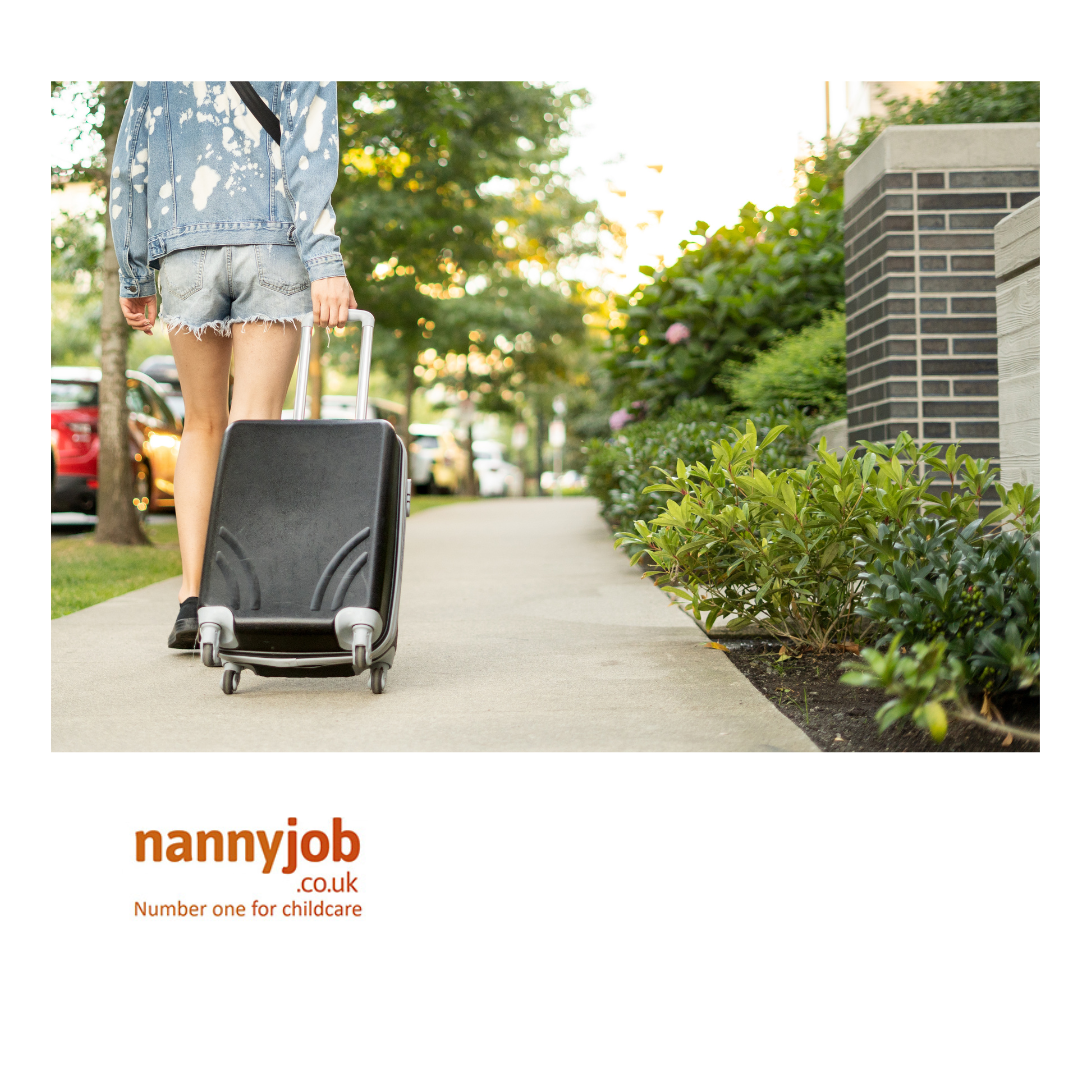Holidays with your nanny
School’s out! Summer is finally here and if you’re planning a trip abroad this year, whether you’re planning to take your nanny with you or not, you might be wondering where your nanny fits in…
I’m not planning to take my nanny on holiday with me, do I still need to pay them?
You may have agreed in your contract to split holiday entitlement, for example 50/50. This would mean that 50% of your nanny’s holiday they can choose when to take it, and the other 50% is for you to decide. In this case, you may have agreed for your nanny to take their holiday whilst you’re away, but you will still need to administer holiday pay.
If you have not agreed to this, and your nanny is not due to take holiday while you are away, you will need to pay your nanny in full as they are available and willing to work.
I’m taking my nanny on holiday with me, will this holiday be deducted from their holiday allowance?
If your nanny is going on holiday with you to provide childcare, they are therefore working, and this won’t affect their holiday allowance. If your nanny ends up working longer hours while on holiday, you may need to compensate your nanny by providing overtime pay or giving them additional time off in lieu.
What should I discuss with my nanny before we go on holiday?
There are a few things you should discuss before you go on holiday with your nanny, this may include…
- The rate of pay, some employers may wish to enhance their nanny’s pay and can do so at their discretion.
- Accommodation, we recommend that the nanny has a private room in order to give them the appropriate downtime.
- Hours of work and days off, we suggest you discuss this in advance of your holiday so you can set expectations and avoid any future disputes.
- It’s also worth clarifying details such as whether the nanny will be coming out for day trips with you, will be eating with you, whether or not they’re expected to do chores, etc.
Discussing these things in advance will help you avoid any uncertainty or awkwardness while you’re away!
This blog was written in collaboration with Nannytax, the award-winning and UK leading nanny payroll experts with over 25 years experience.
Discover more about Nannytax here.



